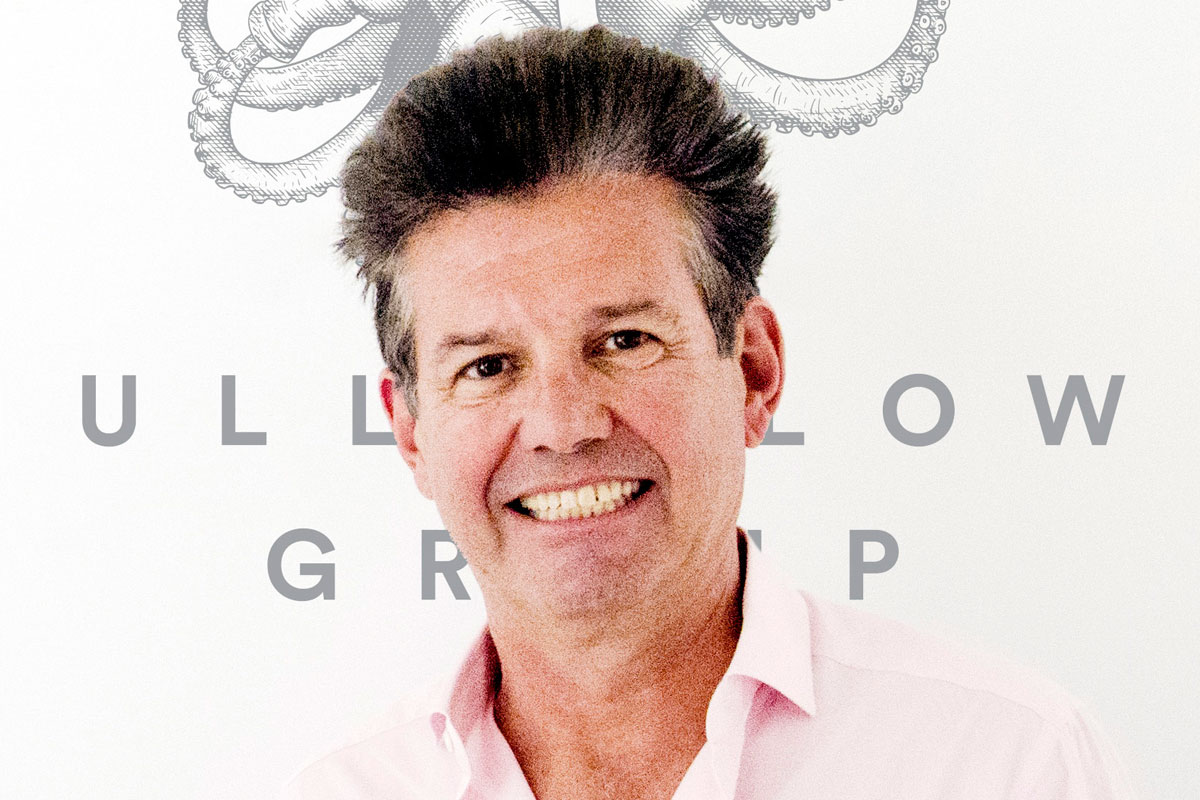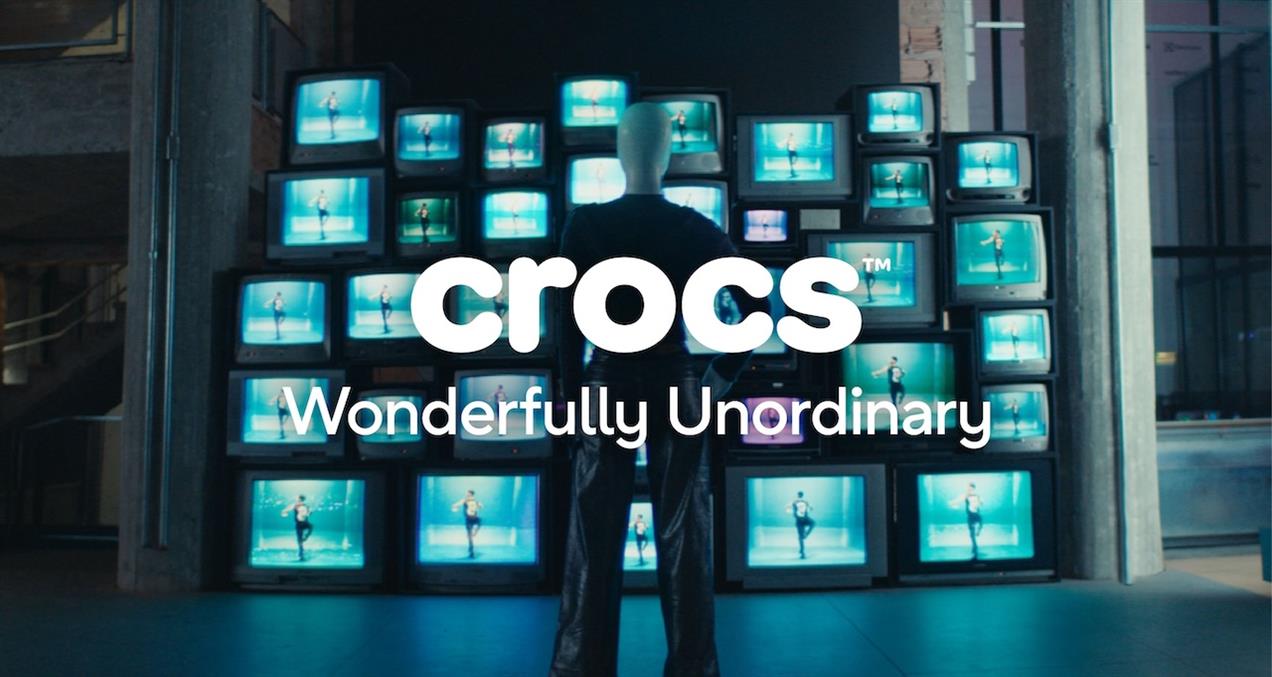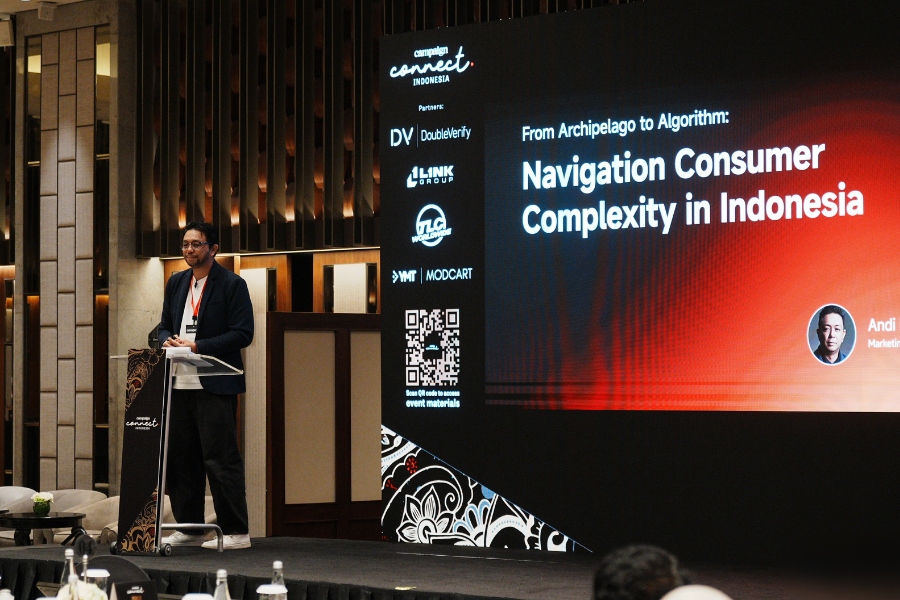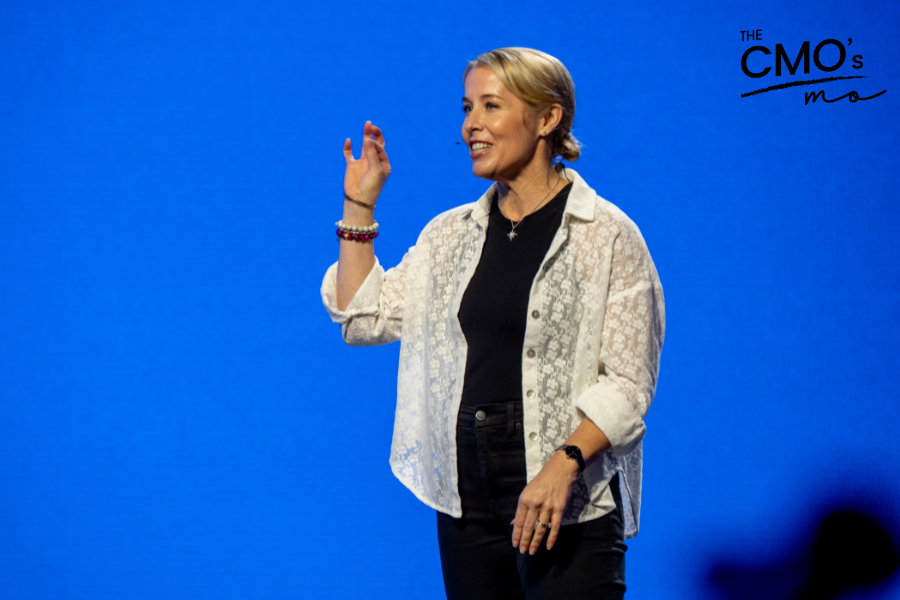The last five years has seen the myth of digital convergence in adland gain a great deal of ground. The theory goes like this: management consultants are putting their considerable weight behind taking on ad agencies head-to-head, whilst ad agencies have started to implement management consulting models.
What’s the prize everyone is reaching for? Simply put, it’s called ‘digital transformation’. A concept far beyond web design, it’s process of completely redesigning business process to deal with the hyper-connected, always-on commercial reality that digital technology has created.
The race for digital transformation means for the first time we’re seeing a huge overlap in the disciplines of businesses helping organisations adapt to a rapidly changing digital-first world.
It’s certainly true that both the agency and consultancy business models have been fundamentally disrupted by the digital economy, as has pretty much every organisation looking to survive and prosper in a rapidly changing world. Adding to that, systems integration companies are entering the fray. Things are starting to get interesting.
The business transformation pie is worth US$2.1 trillion globally, compared to the US$650 billion in advertising. Looking at those figures, it’s not surprising that some of the world’s biggest players are jostling for position.
However, the pie is so big there’s plenty of room for all the players. The biggest shift is not going to be one of competition, but that we’re all going to have to collaborate for the benefit of the client—developing a genuine understanding of the organisations and processes that we have been studiously ignoring for decades.
We must learn that we all have a valuable role to play to in business transformation, and the sooner each player is realistic on the role they can play, the better it will be for all of us, and our clients.
Organizations never evolve very far from their DNA, even if they keep adapting to a changing world, and culture is what sets them apart and make them weak or strong, not capabilities.
Business consultancies will always start with organisation and process, systems integrators with technology platforms and data, and digital agencies with customer experience, creative thinking and thorough journey mapping.
But whatever the starting point, all the players will come into the process at some stage, and they must integrate new skills to collaborate and produce actual transformation.
Half of the equation is process, half is inspiration, and technology is everywhere.
There’s one truth at the core of the digital-transformation challenge though. Digital has given the customer the power to put themselves first, and brands now have to take a customer centric-view of their business. To engage meaningfully with customers, you need creativity along the entire CX, and creativity doesn’t come easy.
Process needs scale, inspiration needs agility, and technology multiplies everybody’s skill set. Nobody will ever be everything to everybody, and assessing and articulating the problem correctly is half way to solving it.
The million-dollar question is, how to marry the need for scale that technology requires, with the need for agility that consumer facing digital experiences demand?
The systems integrator or consultancy approach would traditionally be to centralise functions, in turn risking killing creativity and the ability to act with agility. If there’s one thing I’ve learned from leading integrated creative agencies, it’s that innovation, talent and business opportunity never sit all in one place.
A creative-led agency can add real value through our ability to cherry pick the best talent from across our network. Whilst traditionally businesses have worked like federations—siloing talent in APAC by geography, we have a vibrant flexibility that allows us to pick from the very best people to solve the problem in hand.
Whilst the common thinking has always been to work with developers in India, we are building our tech hub in China. Not only a huge hotbed of underutilised talent, but also one of the largest domestic markets on the planet. At the same time, we continue to evolve centres of excellence in all our key markets across APAC and beyond.
We are not going to change overnight into a management consultant or systems integrator. But we will continue to play a key role in business transformation for challenger brands, with customer obsession and human inspiration at their core.
Our global experience tells us that clients want a business that can identify, lead and implement emotional and functional solutions across the crucial parts of a customer journey locally and globally. Not just an out of the box platform solution that fails to put the customer at the heart of its thinking.
The race to prove expertise in digital transformation may only be on its first lap, but the rewards are potentially enormous. However, one thing is clear that the breadth of expertise across all players will be hugely beneficial to the business community.
The potential for organisations with digital creativity at their core to be key players in this transformational economy are huge. So, despite the naysayers, don’t write off agencies just yet, I predict the most memorable businesses experience will be the ones with creative ideas at their core. The agencies that are adapting are and still will be best placed to create these.
Vincent Digonnet is APAC CEO at MullenLowe Profero











